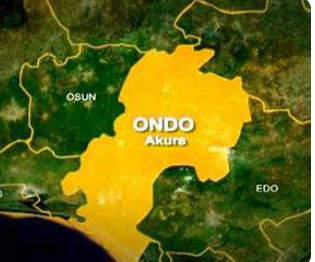People with disabilities (PWDs) in Ondo State have called on the state government to domesticate the National Disability Act to safeguard their rights and improve access to essential services.
Speaking at a two-day workshop and town hall meeting on budget tracking and citizen engagement, the Executive Director of Disability Not A Barrier Initiative (DINABI), Engr. Benjamin Olajide, emphasized that domestication of the Act would ensure inclusive healthcare, social protection, and opportunities for persons with disabilities.
Olajide explained that the workshop aimed to strengthen PWDs’ capacity to understand the budget cycle, monitor implementation, and hold government accountable for promises made through annual budgets.
“In most cases, citizens don’t care about what is in the budget, and even when they do, they rarely follow up on implementation. A budget, no matter how inclusive, is meaningless if it doesn’t impact lives,” he said.
He urged the government to prioritize disability-friendly policies, including accessible healthcare facilities, training of health workers in disability-inclusive practices, creation of disability-specific budget lines, and provision of sign language interpreters in hospitals.
Olajide also advocated a review of social protection laws to include PWDs, the introduction of disability allowances for civil servants with disabilities, and allocation of at least five percent of bursary, scholarships, credit facilities, and empowerment programs to PWDs.
The Chairman of the Joint National Association of Persons with Disabilities (JONAPWD), Abiodun Olusegun, lamented poor budget implementation for disability initiatives, revealing that the state allocated N330 billion to the Agency for the Welfare of Persons with Disabilities in 2024, yet less than two percent was accessed.
“This year, the allocation has been reduced to N228 billion, and we are prepared to track every line item to ensure better outcomes,” Olusegun said.
The forum, organized by DINABI, brought together PWDs, government representatives, and civil society stakeholders to push for accountability and full inclusion in governance.















